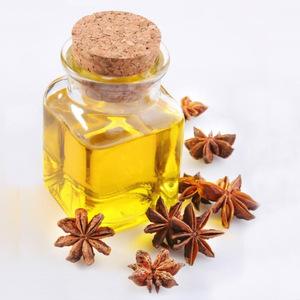
Like other essential oils, anise oil should first be diluted before use. Essential oils are highly concentrated and may cause sensitizations in the user. Oil of anise should be first mixed with carrier oils like sweet almond oil, wheatgerm oil and jojoba oil. Once diluted, anise oil works best when inhaled or used in a diffuser. It can also be applied topically as a massage oil.

Is Anise Oil Safe?
The anethol and estragole found in anise seeds have a structure similar to that of a compound called safrole, a known hepatotoxin and carcinogen. While anethol and estragole have shown toxicity in rodents, anise oil is deemed generally safe for human consumption. It does not pose a threat to humans when it is consumed or used in moderation.
However, when used or consumed in heavy doses, it was found to aggravate certain type of cancers, as anise is an estrogenic agent. Pregnant and nursing women may benefit from using this essential oil, particularly to promote breast milk production and normal menstruation and to reduce pain. The oil may even benefit men by boosting their libido. However, I strongly advise consulting a physician before use.
Parents should also avoid administering anise oil or any essential oil directly on the highly delicate skin of infants and young children.
Side Effects of Anise Oil
As is the case with other oils, anise oil can cause allergic reactions in some people. Individuals with any type of skin condition should avoid using this oil. Avoid this oil if you have allergies to pollen, celery, or carrots. It can take 1 to 5 milliliters of anise oil to cause nausea, vomiting, seizures and pulmonary edema. Immediately call your doctor if you experience any of these side effects upon the use of oil of anise:
- Any allergic reaction
- Mouth or lip inflammation
- Nausea, vomiting, or seizures
- Skin irritation